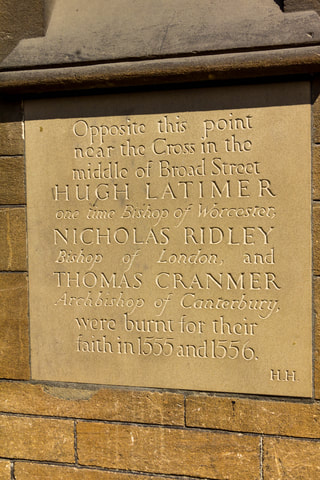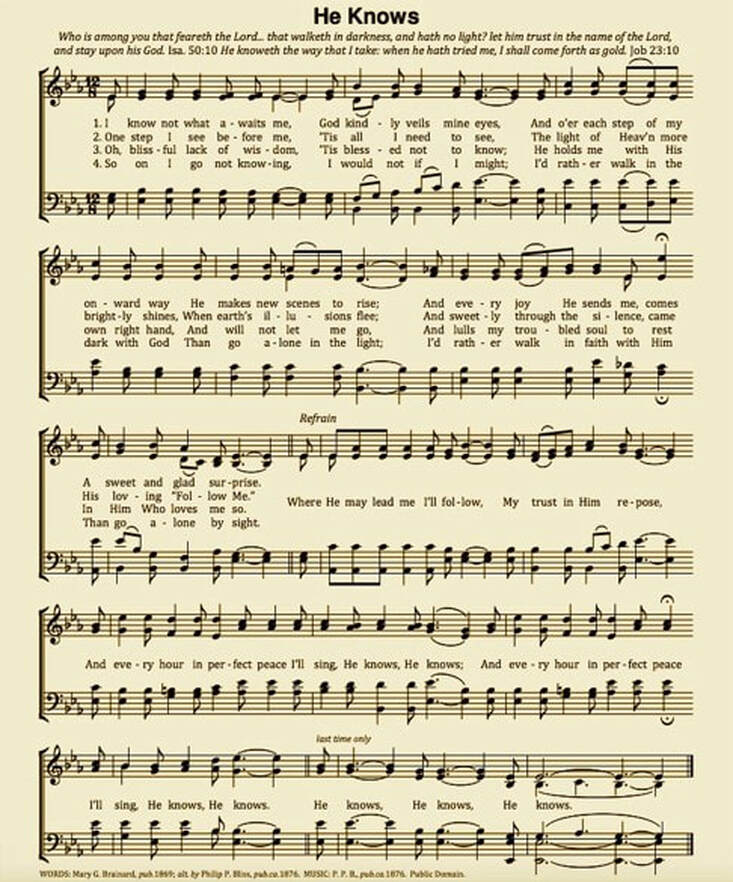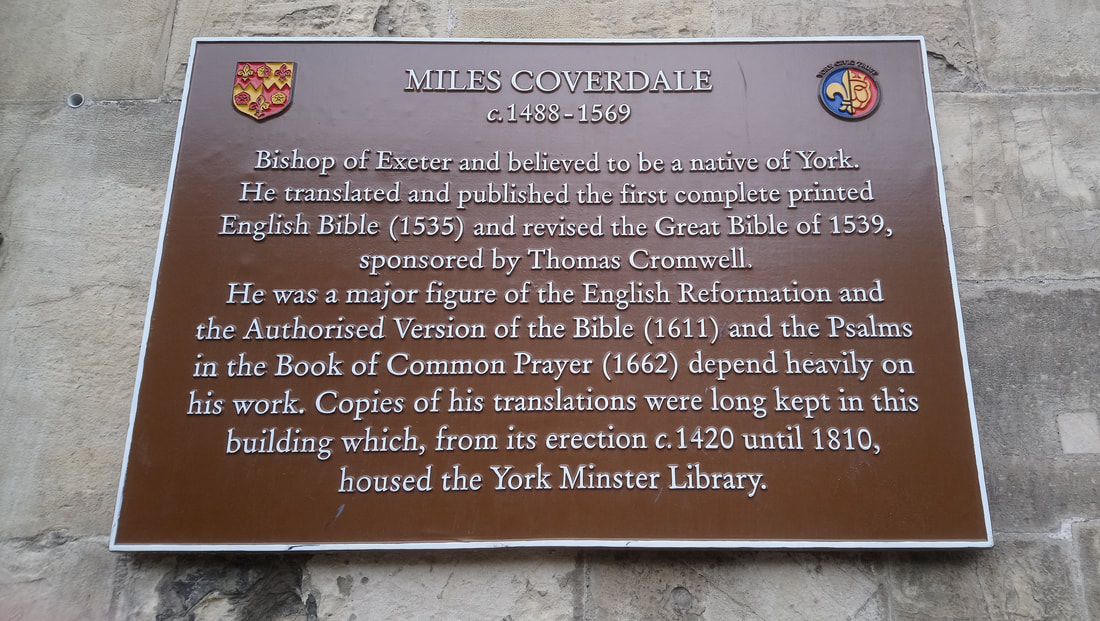- Home
-
Gospel Words
- A Deadly Deed
- Saving a President
- The Death Zone
- An Anchor of the Soul
- Afraid Twice
- Two Ways
- Withering Grass & Fading Flowers
- A Spider's Web
- The Voice of the Son of God
- Forgiven!
- The Full Assurance of Hope
- A Sinner's Prayer
- A Present & Personal Saviour
- The Great Supper
- Judgment is Coming
- A Closed Heart
- "Iceberg Right Ahead!"
- The Lamb of God
- Truth & Certainty
- 'Then the King Will Say'
- The Testimony of the Chief of Sinners
- The Testimony of the Lord's Prisoner
- The Power of Christ
- The Good Shepherd
- 'Wonderful Words of Life'
- Finding Wisdom
- The Unchanging Person of Jesus Christ
-
Bible Answers
- Remembering Our Creator
- Was the Cross Necessary?
- What is God Like?
- Does the Resurrection Matter?
- What's in a Name?
- Why Must We be Saved?
- "Who Art Thou, Lord?"
- "The Unknown God" - Just Who is He?
- "What is Truth?"
- "Holy, Holy, Holy"
- Knowing God
- A Conversion Story
- The Gospel according to Jonah
- "Jesus of Nazareth, a Man Approved of God"
- The Saviour of the World
- A Chosen Vessel
- Who is Jesus?
- God's Mercy & Judgment
- Does What I Think about the Son of God Matter?
- 'How Shall we Escape if we Neglect so Great Salvation'?
- What is Life Really All About?
- The Rock of Ages
- Easter Messages >
- Christmas Messages >
- Timeless Truths
-
Expository Messages
- Topical Messages >
- Psalms >
- Minor Prophets - Study Notes by Gary Woods >
-
The Lord's Upper Room Ministry
>
- John 13:1-3 - The Omniscient Christ
- John 13:4-17 - The Foot Washing Ministry of the Perfect Servant
- John 13:18-38 - The Son of Man Glorified
- John 14:1-3 - The Father's House P1
- John 14:4-7 - The Father's House P2
- John 14:8-14 - The Father's Visibility
- John 14:15-26 - The Father's Gift
- John 14:27-31 - The Father's Primacy
- John 17 - The Lord's Intercessory Prayer
- Excursus: The Passover & the Last Supper
-
Romans
>
- Romans - An Introduction
- Romans - An Outline
- Romans 1:1-7 - Paul's Salutation
- Romans 1:8-17 - Visiting Rome & Gospel Debt
- Romans 1:18-32 - Wrath Revealed & Why
- Romans 2 - An Introduction to a Difficult Chapter
- Romans 2:1-5 - The Hypocrisy of the Self-righteous P1
- Romans 2:6-11 - The Hypocrisy of the Self-righteous P2
- Romans 2:12-16 - The Hypocrisy of the Self-righteous P3
- Romans 2:17-29 - The Guilt of the Self-confident
- Romans 3:1-20 - 'All the World Guilty'
- Romans 3:21-24 - The Heart of the Gospel P1
- Romans 3:25a - The Heart of the Gospel P2
- Romans 3:25b-31 - The Heart of the Gospel P3
- Romans 7 - An Introduction
- Romans 7 - A New Relationship vs 1-6
- Romans 7:7-25 - 'Plotting the Course'
- Romans 7:7-13 - The Power & Deceitful Character of Sin Exposed by the Law
- Romans 7:14-25 - The Power & Debilitating Effect of Sin Demonstrated by the Law
- 1 Corinthians >
- Booklets
Wicklow, Ireland
Should you go First "Be of good comfort, master Ridley, and play the man, we shall this day light such a candle, by god's grace, in England, as I trust shall never be put out". Princess Mary ascended the throne of England in July 1553 after the death of Edward VI and the ill fated attempt to have the young Lady Jane Grey become Queen. Mary the daughter of Catherine of Arragon and Henry VIII had a hatred for the Reformation and the protestant ministers of the gospel. Two of these noble servants of Christ, were Hugh Latimer and Nicholas Ridley. Andrew Miller tells the story of their martyrdom:
'Having been examined by the queen's commissioners at Oxford on the charge of heresy, they were condemned to be burnt as obstinate heretics. They were old, learned, and greatly esteemed as ministers of Christ; Latimer was eighty-four, and had been one of the most eloquent preachers in England. They were sent back to prison, where they were detained nearly twelve months, the sentence of death hanging over them. In October 1555, an order was issued for the execution of Ridley and Latimer. They were led to the city ditch, over against Balliol College. After spending a few moments in prayer, they were fastened to the stake. The torch was first applied to the faggots around Ridley. The dear old Latimer addressed his companion in words still fresh, after three centuries, as on the day on which they were uttered: "BE OF GOOD COMFORT, MASTER RIDLEY, AND PLAY THE MAN, WE SHALL THIS DAY LIGHT SUCH A CANDLE, BY GOD'S GRACE, IN ENGLAND, AS I TRUST SHALL NEVER BE PUT OUT". They both leaned forward as if to embrace the flames-the chariot of fire that was to carry them to heaven-their happy souls soon departed to be for ever with the Lord. Quietly have they been reposing on that heart of eternal love these three hundred years, and there they will rest until the morning of the first resurrection when the sleeping dust of God's redeemed shall be raised and their bodies fashioned like unto Christ's body of glory, "according to the working whereby He is able even to subdue all things unto Himself". Miller's Church History "For I am now ready to be offered, and the time of my departure is at hand. I have fought a good fight, I have finished my course, I have kept the faith: Henceforth there is laid up for me a crown of righteousness, which the Lord, the righteous judge, shall give me at that day: and not to me only, but unto all them also that love his appearing". Peace like a river is flooding my soul, 'But you have come to Mount Zion and to the city of the living God, the heavenly Jerusalem, to an innumerable company of angels, to the general assembly and church of the firstborn who are registered in heaven, to God the Judge of all, to the spirits of just men made perfect, to Jesus the Mediator of the new covenant, and to the blood of sprinkling that speaks better things than that of Abel' (Heb 12:22-23).
|
Andrew Miller in his Church History relates: 'the simple story' of Martin Luther's conversion as follows:
'One day, as he lay, overwhelmed with despair, he was visited by an old monk, who spoke to him of the way of peace. Won by the kindness of his words, Luther opened his heart to him. The venerable father spoke to him of the efficacy of faith, and repeated to him that article in the Apostles' Creed, "I believe in the forgiveness of sins". These few simple words, with the Lord's blessing, seem to have turned the mind of Luther from works to faith. He had been familiar with the form of these words from his childhood, but he had only repeated them as a form of words, like thousands of nominal Christians in all ages. Now they filled his heart with hope and consolation. The old monk, hearing him repeating the words to himself, "I believe in the forgiveness of sins", as if to fathom their depth, interrupted him by saying that it was not a mere general but a personal belief. I believe in the forgiveness, not merely of David's sins, or of Peter's sins, but of my sins. Even the devils have a general but not a personal belief. "Hear what St. Bernard says", added the pious old monk, "The testimony of the Holy Ghost to thy heart is this, thy sins are forgiven thee". From this moment divine light entered the heart of Luther, and, step by step, through the diligent study of the word and prayer, he became a great and honoured servant of the Lord'. Miller's Church History There’s nothing like the old, old story, Now about that time Herod the king stretched out his hand to harass some from the church. Then he killed James the brother of John with the sword... In Psalm 11, because of the activities of the wicked, the question is asked: ‘If the foundations be destroyed, what can the righteous do?’ (v 3). David gives us the answer: ‘In the LORD put I my trust… The LORD is in his holy temple, the LORD'S throne is in heaven… For the righteous LORD loveth righteousness; his countenance doth behold the upright’ (vs 1, 4 & 7). Our faith is in our unchanging God who reigns overall and our assurance is that He is on His throne and in ultimate control ever watching over His people. The chorus of a hymn says it simply:
God is still on the throne, And He will remember His own; Tho’ trials may press us and burdens distress us, He never will leave us alone; God is still on the throne, He never forsaketh His own; His promise is true, He will not forget you, God is still on the throne. Thus says the Lord: 'So I wept much, because no one was found worthy to open and read the scroll, or to look at it. But one of the elders said to me, “Do not weep. Behold, the Lion of the tribe of Judah, the Root of David, has prevailed to open the scroll and to loose its seven seals”' (Rev 5:4-5).
|
|
'Perhaps the truly remarkable thing about the Enlightenment is not that it swept away forever the King James Bible and all it stood for but that it failed to do so'.
(The Book of Books, Melvyn Bragg). "Take this rule: whatever weakens your reason, impairs the tenderness of your conscience, obscures your sense of God, or takes off your relish of spiritual things; in short, whatever increases the strength and authority of your body over your mind, that thing is sin to you, however innocent it may be in itself". "I do not know enough to be an agnostic” |
'Here I must tell you that anecdote of the good Welch lady, who, when she lay a-dying, was visited by her minister. He said to her, “Sister are you sinking?” She answered him not a word, but looked at him with an incredulous eye. He repeated the question, “Sister, are you sinking?” She looked at him again, as if she could not believe that he would ask such a question. At last, rising a little in the bed, she said, “Sinking! Sinking! Did you ever know a sinner sink through a rock? If I had been standing on the sand, I might sink; but, thank God I am on the Rock of Ages, and there is no sinking there”.'
(C H Spurgeon - Sermon Spiritual Liberty Feb 18 1855, Exeter Hall) |
'Teach me to do Thy will; for Thou art my God: Thy spirit is good; lead me into the land of uprightness'
(Psal 143:10 KJV).
Answers About God. Copyright © 2020, Aaron Colgan
All scripture quotations, unless otherwise indicated, are taken from
the New King James Version®. Copyright © 1982 by Thomas Nelson,
Inc. Used by permission. All rights reserved.
the New King James Version®. Copyright © 1982 by Thomas Nelson,
Inc. Used by permission. All rights reserved.
- Home
-
Gospel Words
- A Deadly Deed
- Saving a President
- The Death Zone
- An Anchor of the Soul
- Afraid Twice
- Two Ways
- Withering Grass & Fading Flowers
- A Spider's Web
- The Voice of the Son of God
- Forgiven!
- The Full Assurance of Hope
- A Sinner's Prayer
- A Present & Personal Saviour
- The Great Supper
- Judgment is Coming
- A Closed Heart
- "Iceberg Right Ahead!"
- The Lamb of God
- Truth & Certainty
- 'Then the King Will Say'
- The Testimony of the Chief of Sinners
- The Testimony of the Lord's Prisoner
- The Power of Christ
- The Good Shepherd
- 'Wonderful Words of Life'
- Finding Wisdom
- The Unchanging Person of Jesus Christ
-
Bible Answers
- Remembering Our Creator
- Was the Cross Necessary?
- What is God Like?
- Does the Resurrection Matter?
- What's in a Name?
- Why Must We be Saved?
- "Who Art Thou, Lord?"
- "The Unknown God" - Just Who is He?
- "What is Truth?"
- "Holy, Holy, Holy"
- Knowing God
- A Conversion Story
- The Gospel according to Jonah
- "Jesus of Nazareth, a Man Approved of God"
- The Saviour of the World
- A Chosen Vessel
- Who is Jesus?
- God's Mercy & Judgment
- Does What I Think about the Son of God Matter?
- 'How Shall we Escape if we Neglect so Great Salvation'?
- What is Life Really All About?
- The Rock of Ages
- Easter Messages >
- Christmas Messages >
- Timeless Truths
-
Expository Messages
- Topical Messages >
- Psalms >
- Minor Prophets - Study Notes by Gary Woods >
-
The Lord's Upper Room Ministry
>
- John 13:1-3 - The Omniscient Christ
- John 13:4-17 - The Foot Washing Ministry of the Perfect Servant
- John 13:18-38 - The Son of Man Glorified
- John 14:1-3 - The Father's House P1
- John 14:4-7 - The Father's House P2
- John 14:8-14 - The Father's Visibility
- John 14:15-26 - The Father's Gift
- John 14:27-31 - The Father's Primacy
- John 17 - The Lord's Intercessory Prayer
- Excursus: The Passover & the Last Supper
-
Romans
>
- Romans - An Introduction
- Romans - An Outline
- Romans 1:1-7 - Paul's Salutation
- Romans 1:8-17 - Visiting Rome & Gospel Debt
- Romans 1:18-32 - Wrath Revealed & Why
- Romans 2 - An Introduction to a Difficult Chapter
- Romans 2:1-5 - The Hypocrisy of the Self-righteous P1
- Romans 2:6-11 - The Hypocrisy of the Self-righteous P2
- Romans 2:12-16 - The Hypocrisy of the Self-righteous P3
- Romans 2:17-29 - The Guilt of the Self-confident
- Romans 3:1-20 - 'All the World Guilty'
- Romans 3:21-24 - The Heart of the Gospel P1
- Romans 3:25a - The Heart of the Gospel P2
- Romans 3:25b-31 - The Heart of the Gospel P3
- Romans 7 - An Introduction
- Romans 7 - A New Relationship vs 1-6
- Romans 7:7-25 - 'Plotting the Course'
- Romans 7:7-13 - The Power & Deceitful Character of Sin Exposed by the Law
- Romans 7:14-25 - The Power & Debilitating Effect of Sin Demonstrated by the Law
- 1 Corinthians >
- Booklets








